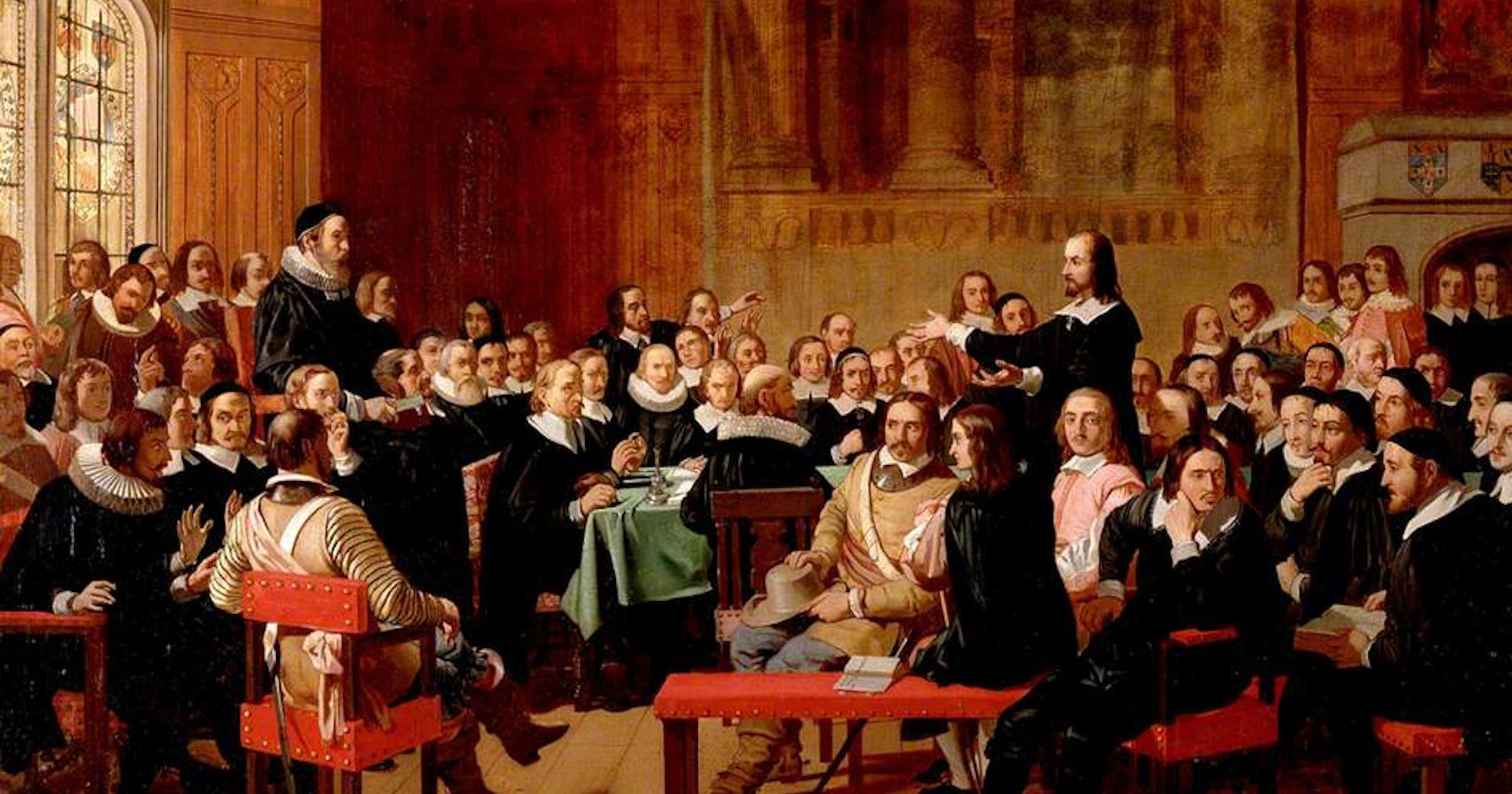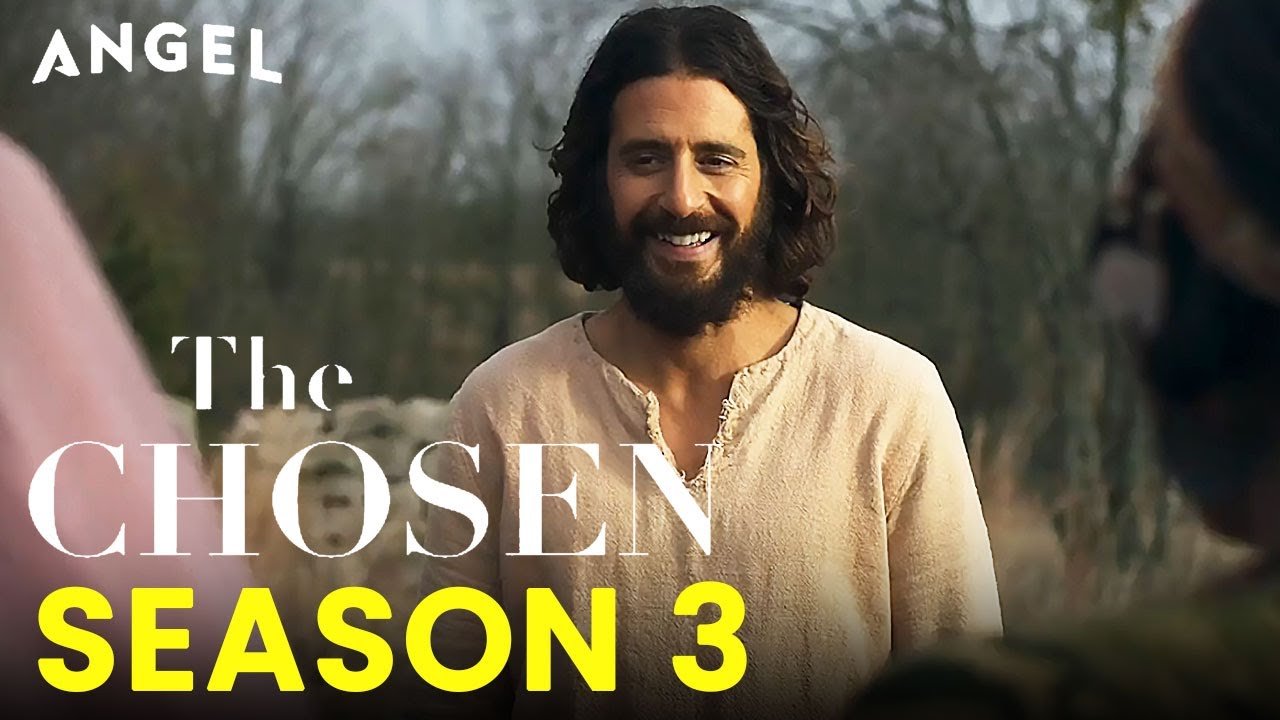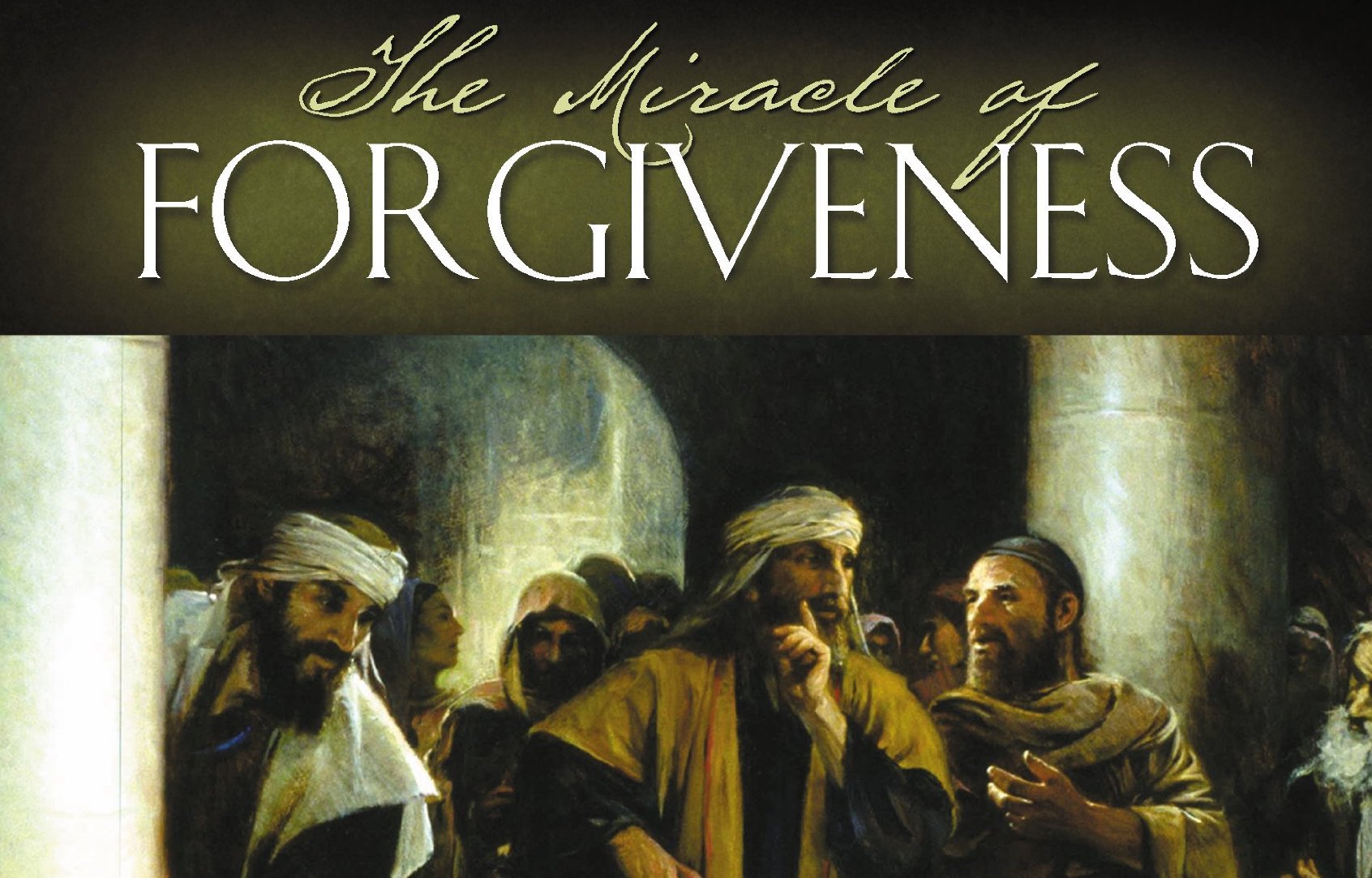Partisanship comes as a part of identifying with a social group. Being a part of a social group is essential for our identity and feelings of belonging. But cognitive dissonance can go too far, leading to partisanship that protects and defends social groups and individual identity rather than rightly handling truth. Critical thought breaks down. While it's easy to see this in politics today, it's also present in many aspects of the Christian community.
Preferred Bible translation is one of many examples. Some people prefer one translation over another, which is reasonable. But some take it a step further. Rather than being okay when a pastor or biblical scholar points out a potentially poor decision in a translation, they defend the preferred translation at all costs. They become unwilling to examine other translations or allow the issue to live in a bit of tension. They may have no training or knowledge in the original languages or field of study, but that won't hold them back from ferociously protecting their preferred translation because, in many ways, they are protecting their choices which they feel gives them a social identity.
In the 80s and 90s, Ford, Chevy, and Dodge truck owners were serious partisan defenders of their preferred pick-ups. Yet, looking back, these trucks were similar and did the same function regardless of brand. The same is true of smartphones -- iPhones or Androids- but even reading that will cause some to go into partisan battle mode.
Eschatology (the study of end times) is another area where partisanship gets on steroids. People often defend a position not because of what they read in the Bible but because of what others they identify with have said. Soon enough, "those" books are evil and "these" books are great. Everything that person says on any topic is wrong because we disagree with their eschatological views. Now people are in our out on all matters without regard to critical thinking.
Church planting and church planting methodology offer people a tribe or social identity. Still, when there are different ideas, partisanship creates new church-planting networks and new social tribes. Branding becomes a way of identification, so we end up with logos on backpacks, hats, coasters, fidget spinners, shoe laces, toothbrushes, and so on. These things have nothing to do with church planting and everything to do with social identity. Now church planters are us or them, and everyone’s against the person who’s not engaged in church planting.
Musical style in worship had partisan fighting for many years. How the preacher dresses and if he's behind a pulpit or flat round table, at times, can get partisan. Don't overlook denomination and voluntary partnerships with mission organizations. We can undoubtedly find partisanship there. Evangelism methods. Choice of seminary or Bible college? Yup. These are all things that can be taken too far and wrongly defended along party lines.
But let's be clear. First, none of the Christian activities and beliefs mentioned here are necessarily wrong. They are just subjects within Christianity where we can find partisanship. Second, we are all partisan at times. We have areas where we're quick to defend our camp and slow to think critically about the things we like. We blast other groups or ideas based on their worst days and judge our own by our best. Even while reading this post, you may have felt the need to respond about your 1980's truck or your smartphone, right? You may want to cancel everything here because I said something less favorable about church planting or end-times. But did I?
If anything, we should be encouraged with the freedom to take a step back and evaluate our biases and partisanship. It's okay to look critically at our favorite things, just as we do with our least favorite things. We can still be a part of a social group with flaws. It’s okay. Our identity won’t be perfect—not even “instagram-perfect.” That's reality. We don't have to defend our side blindly or without engaging our minds. And we don't have to tear down others because of our bias.
Maybe you owned a truck in the 80s. Cool. You liked it. Does it matter if someone else liked a different truck? So what if your favorite person owns a specific kind of phone? So your convictions about church planting are different than someone else who’s planting a church. So you like the ESV, and someone else in your study group reads the CSB, and still another person can't let go of her 1984 NIV that she's written 10,000 notes in since she got it from her mom in 1987 when she became a Christian. Does that hurt your social identity because you like the NKJV? Doesn’t it hurt your study or your understanding of the Bible that all of you are trying to know and live by?
We don't have to change everything overnight, but the first step is recognizing our biases. The next step is recognizing when our partisanship goes beyond any helpful place. And maybe just doing these two things will give us more joy in the Church with our brothers and sisters in Christ. And maybe, just maybe, it will bring more glory to God when we figure out we have the best identity we can have because we belong to Jesus.




















